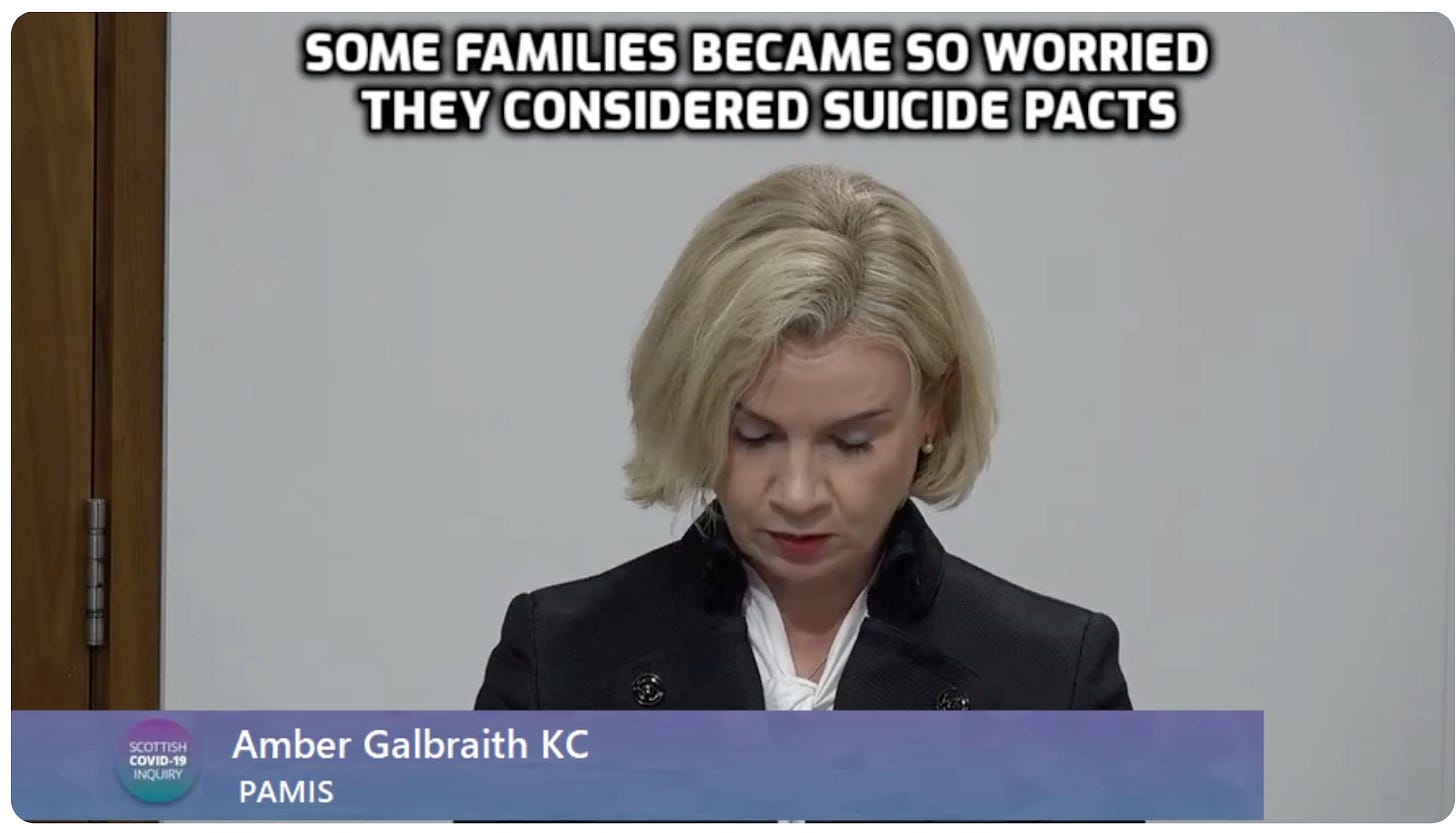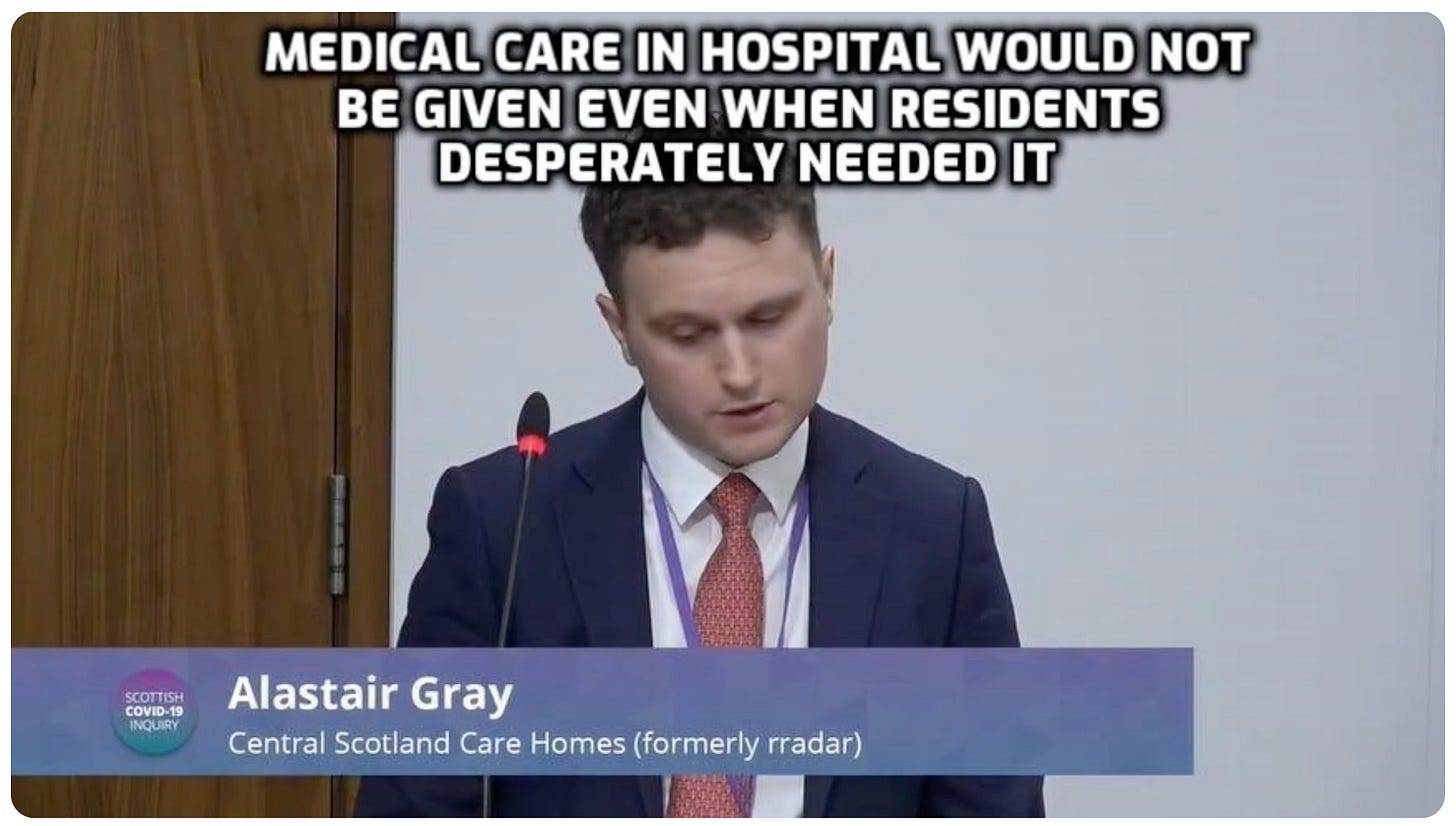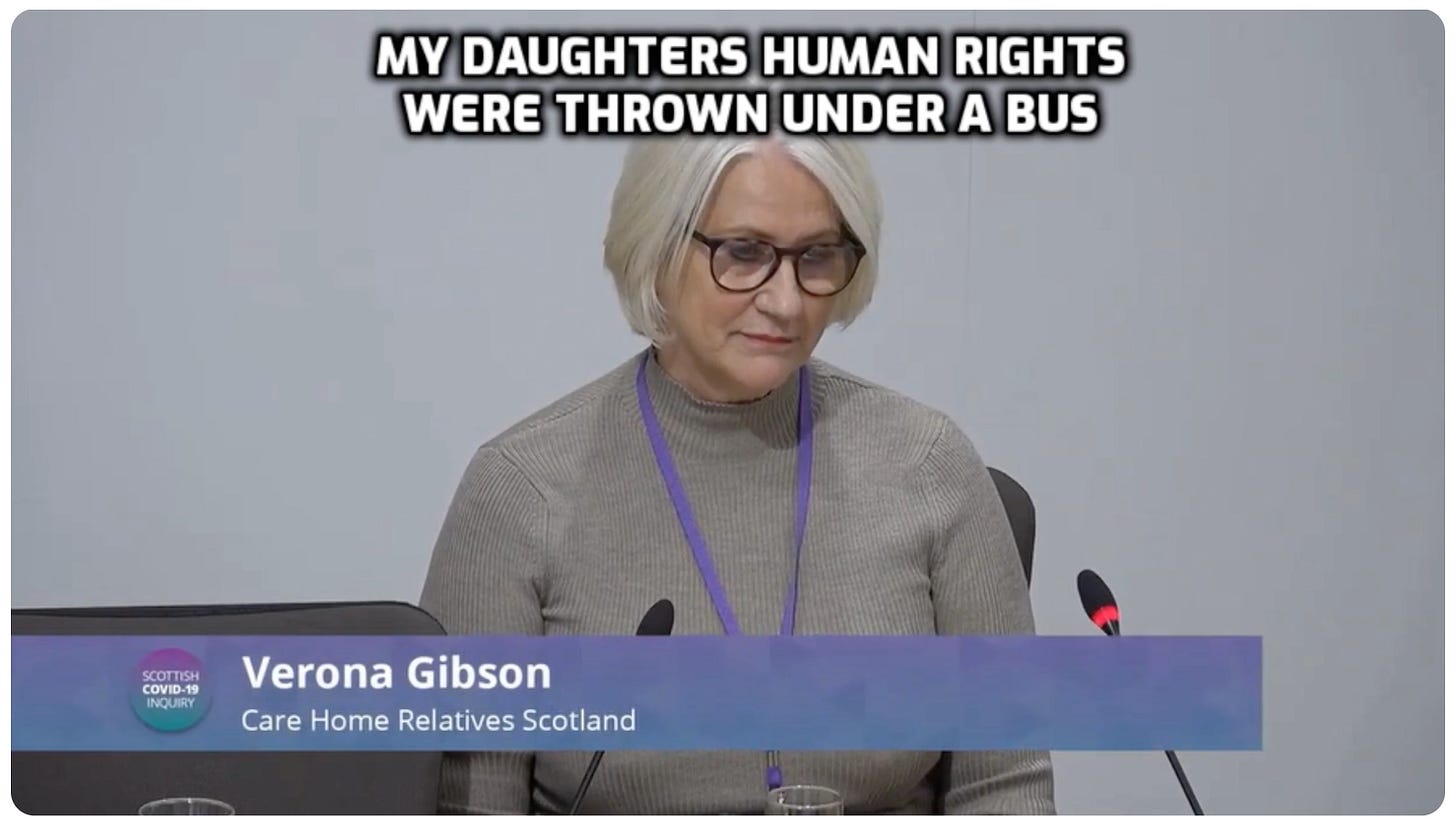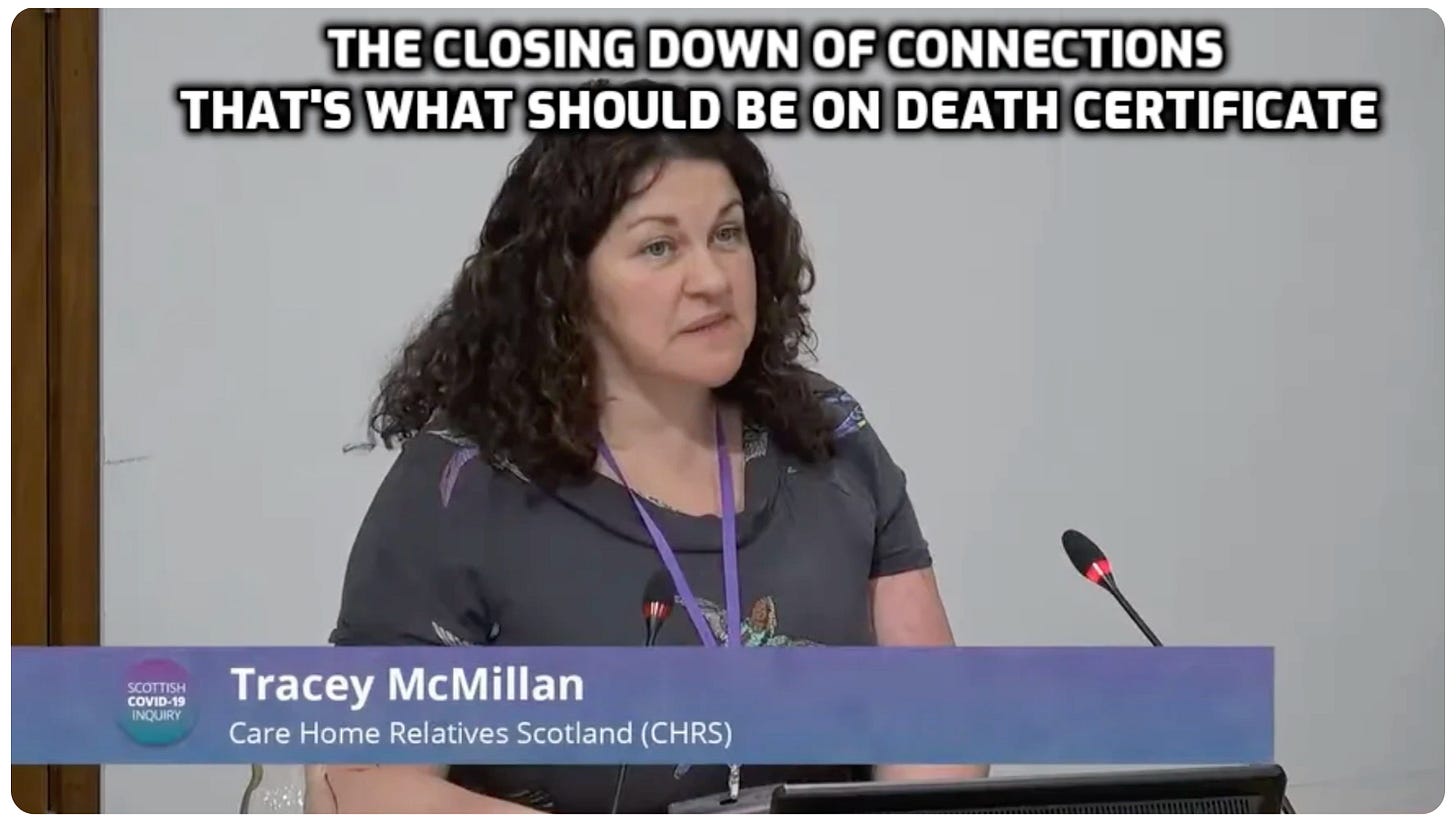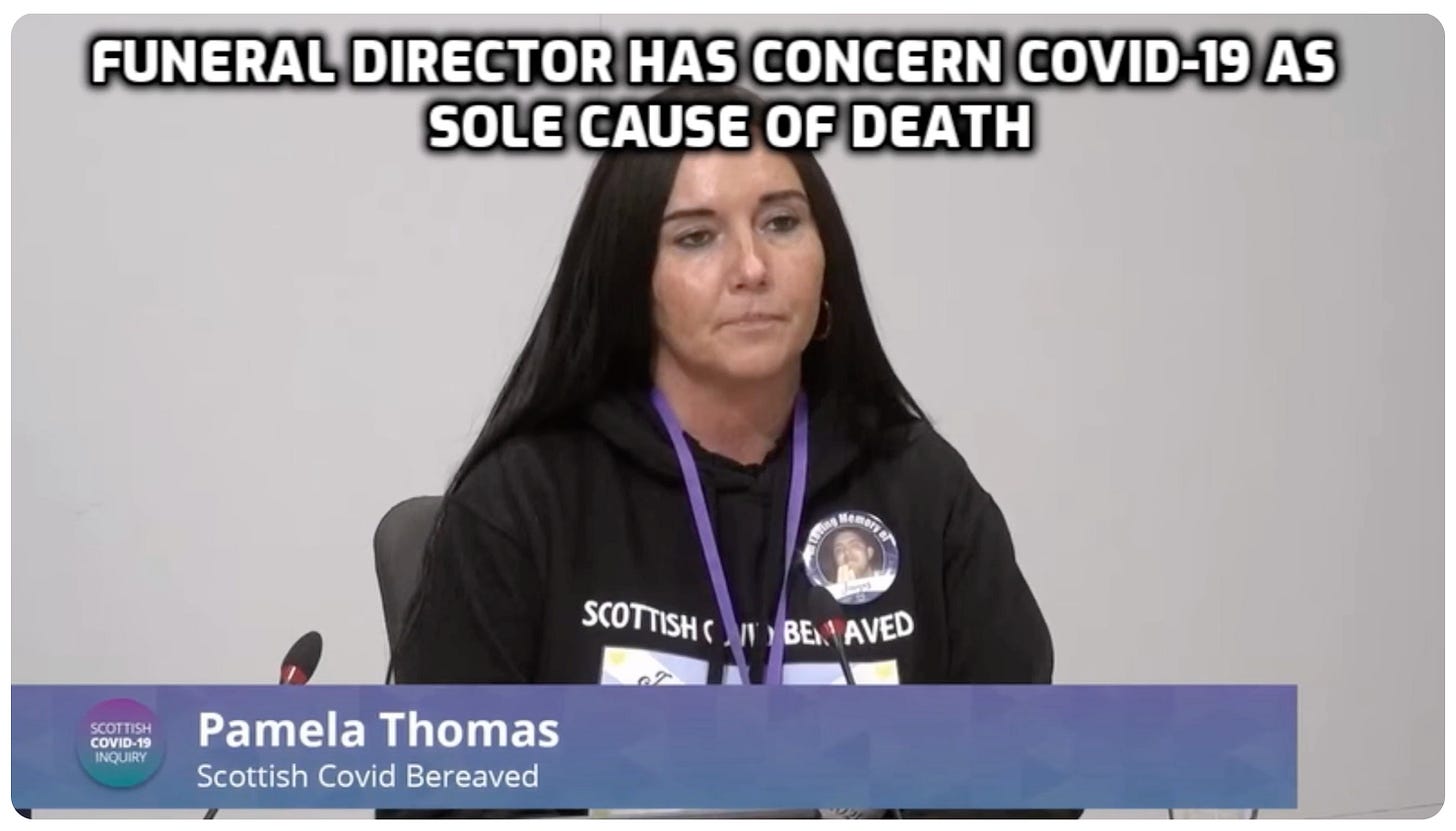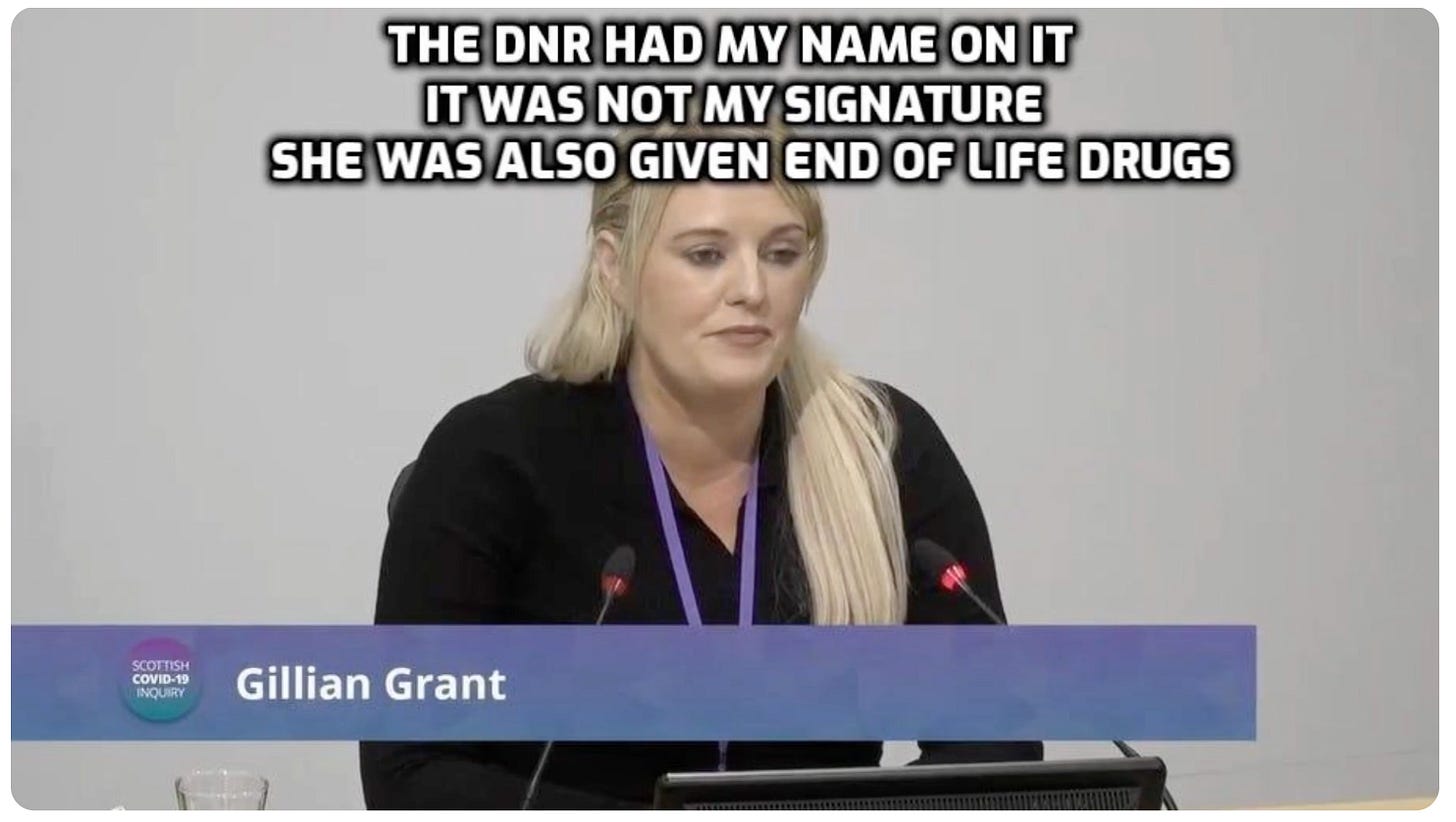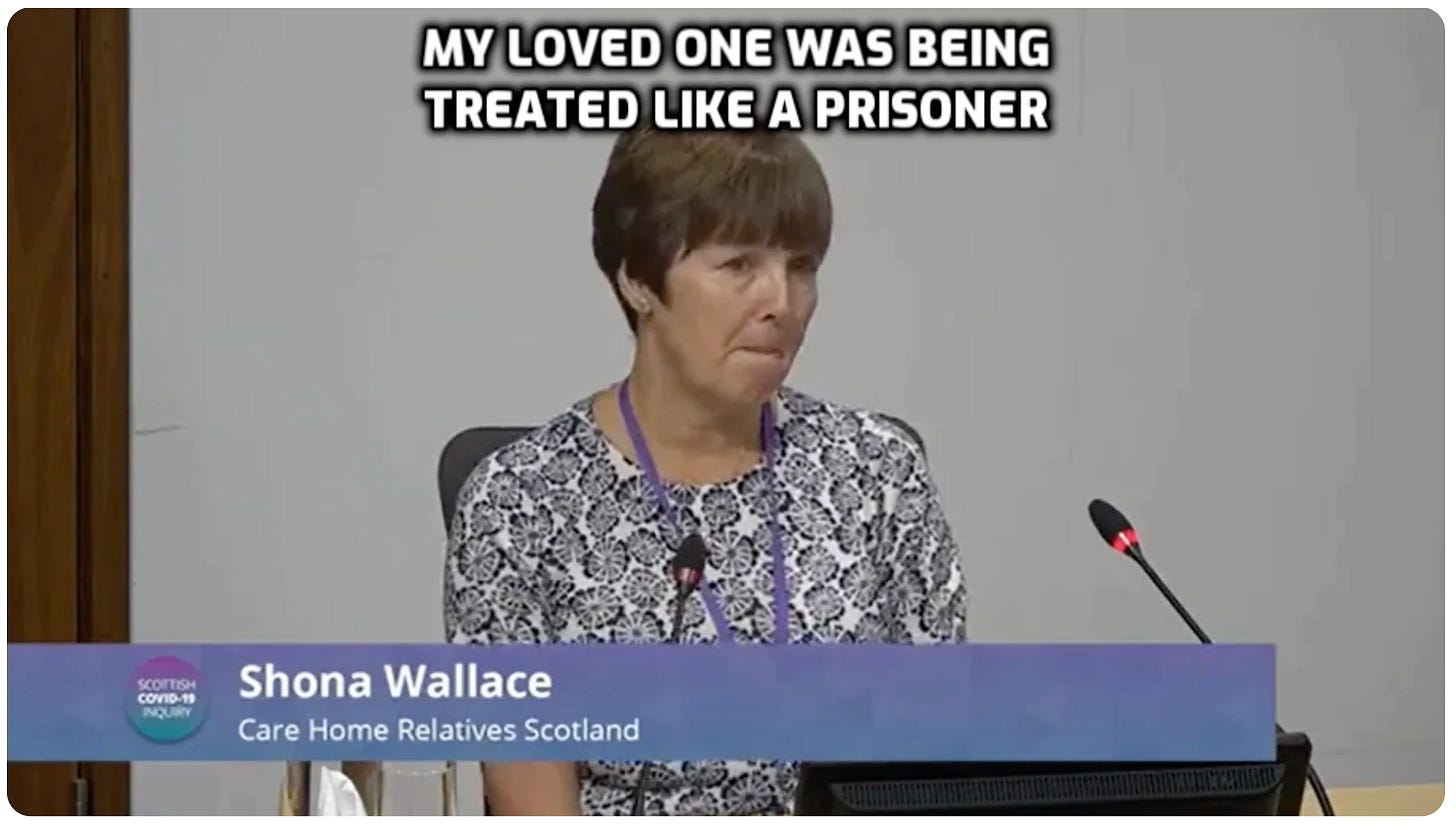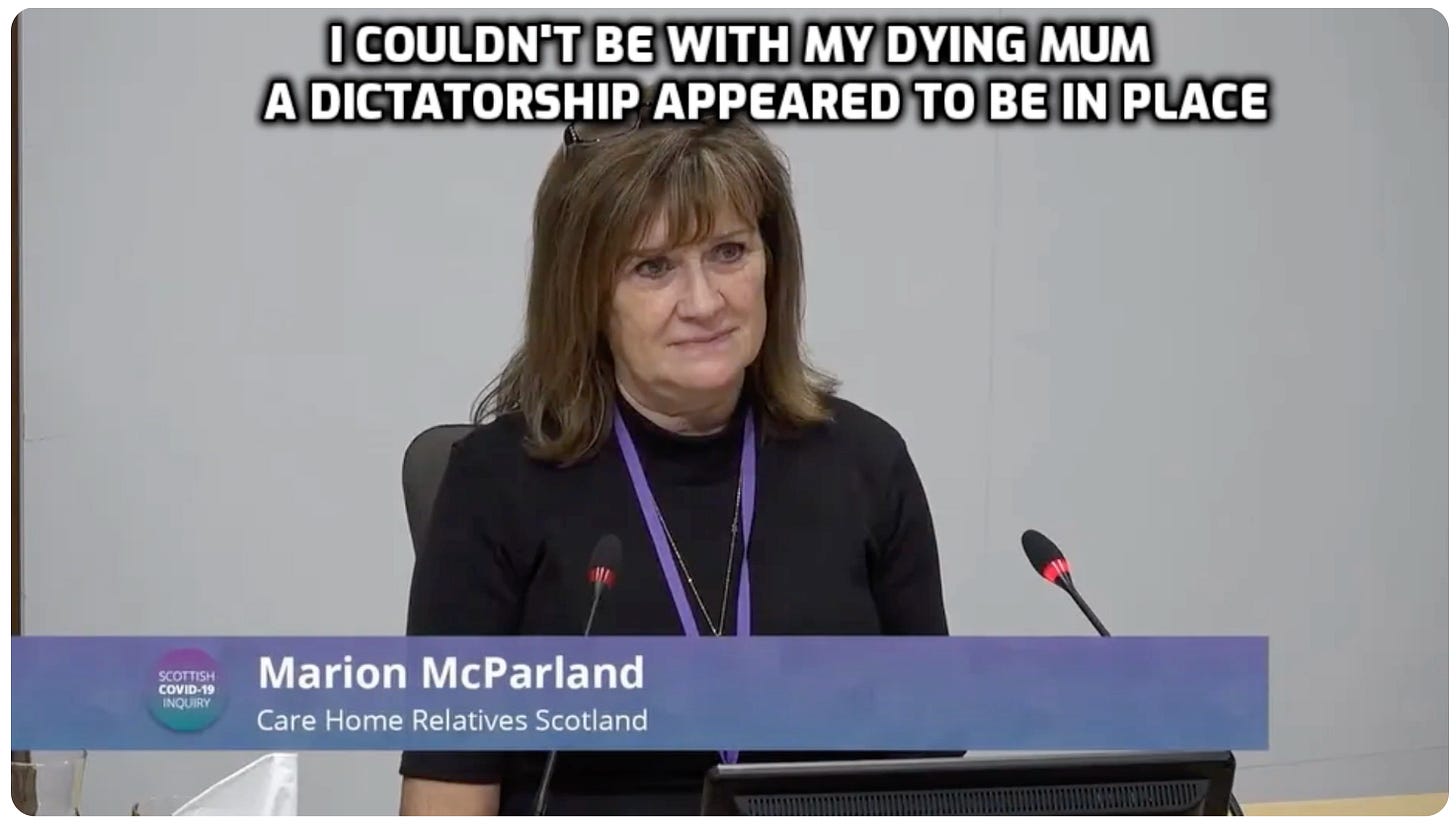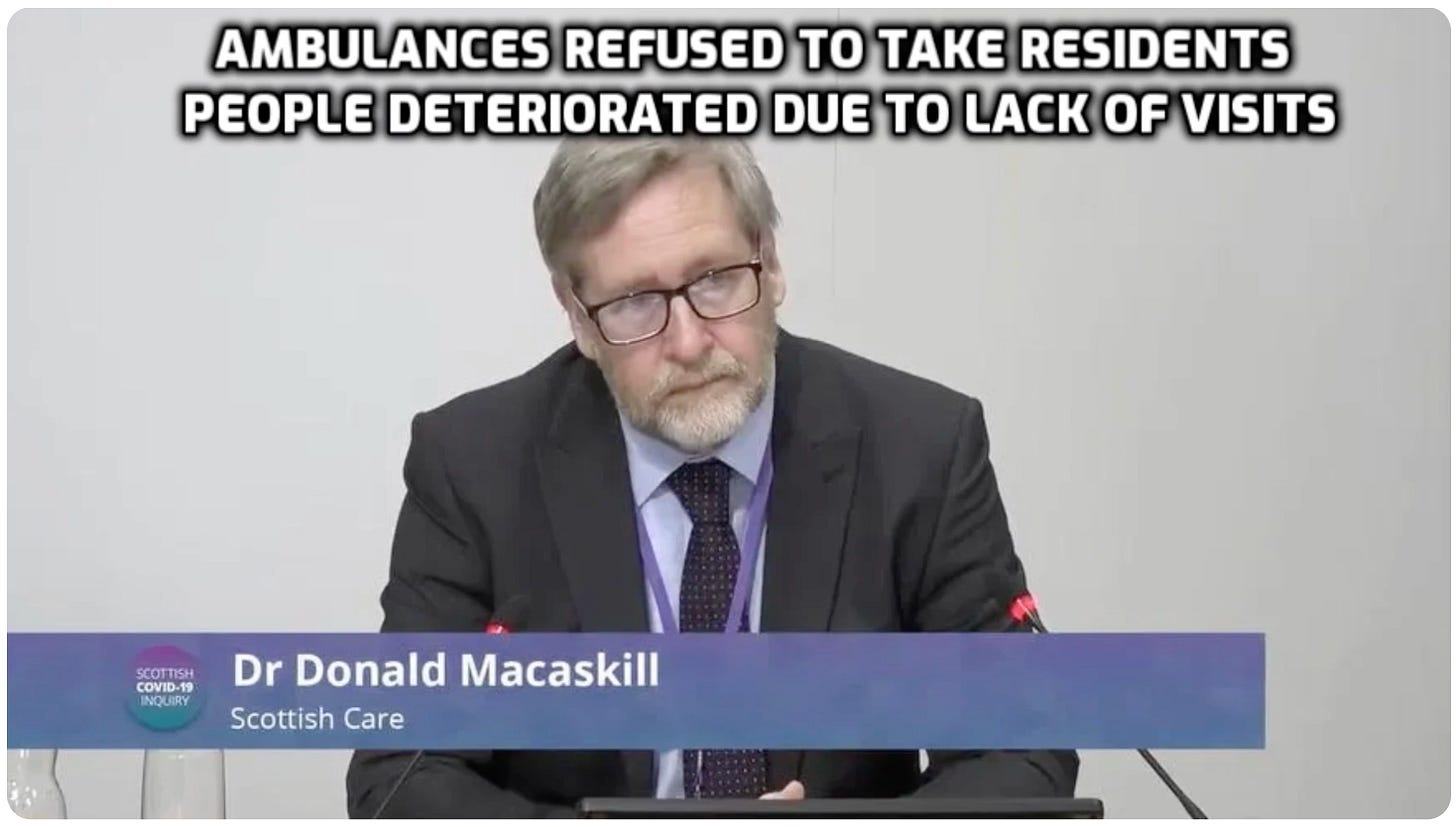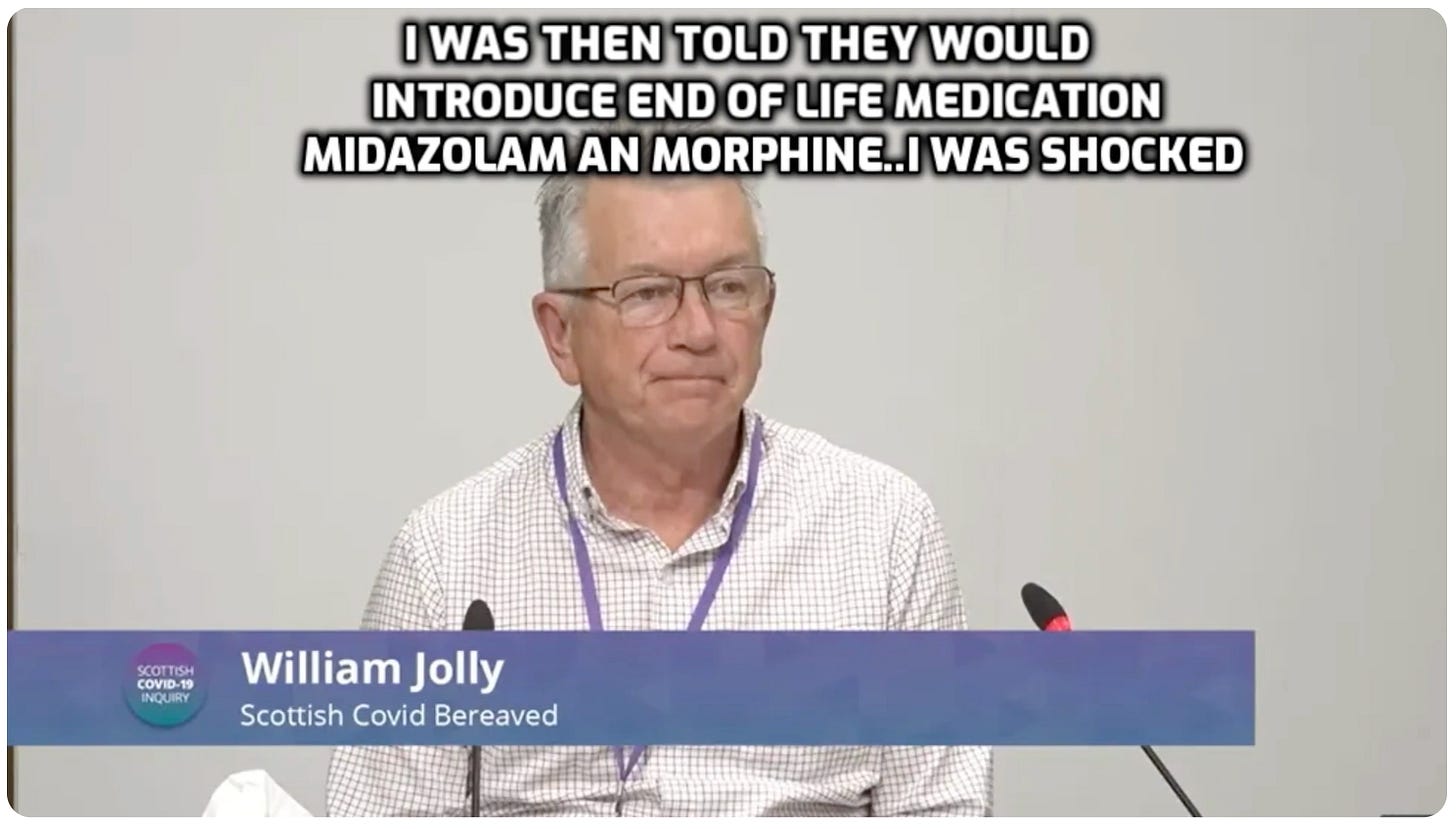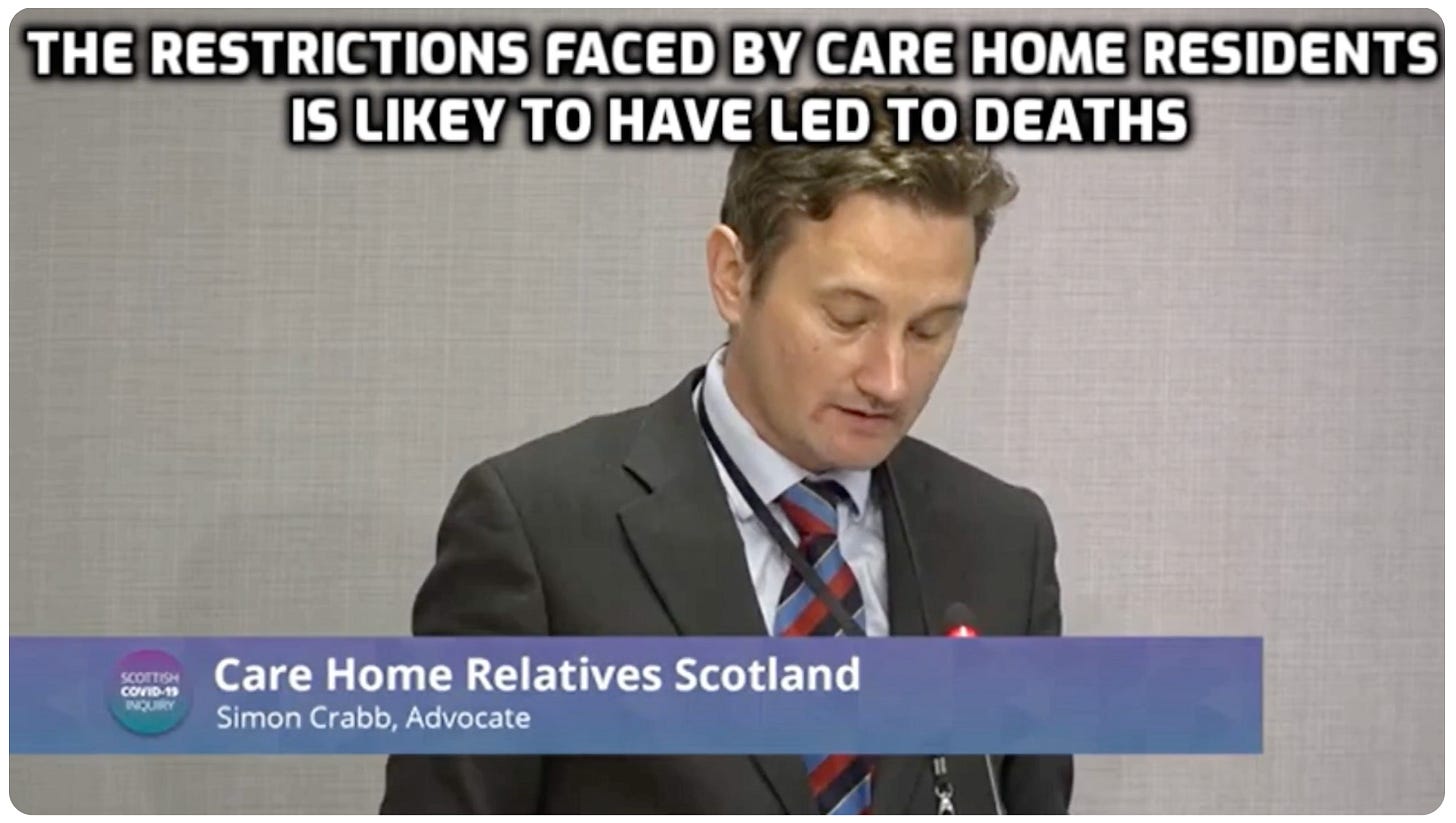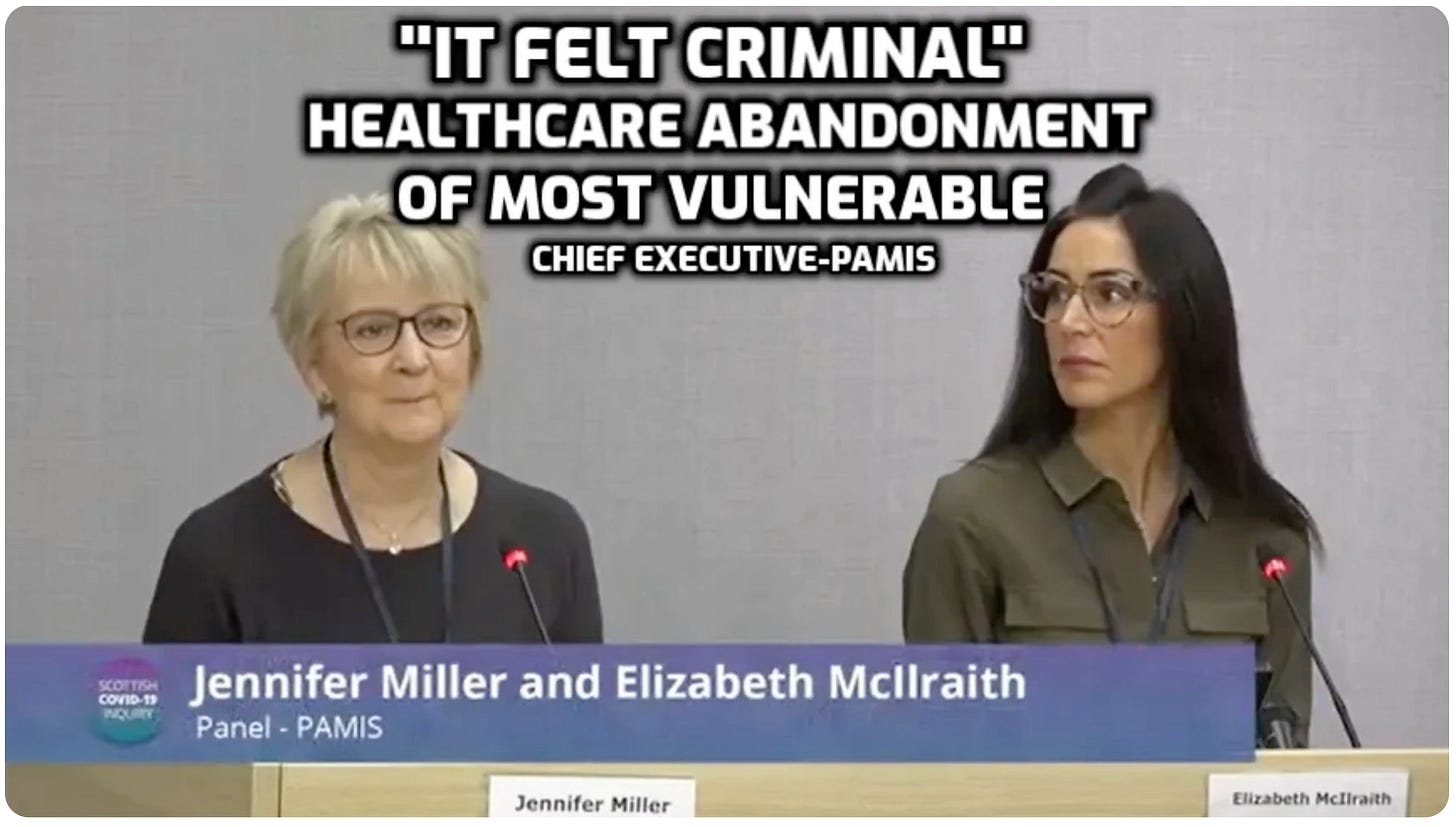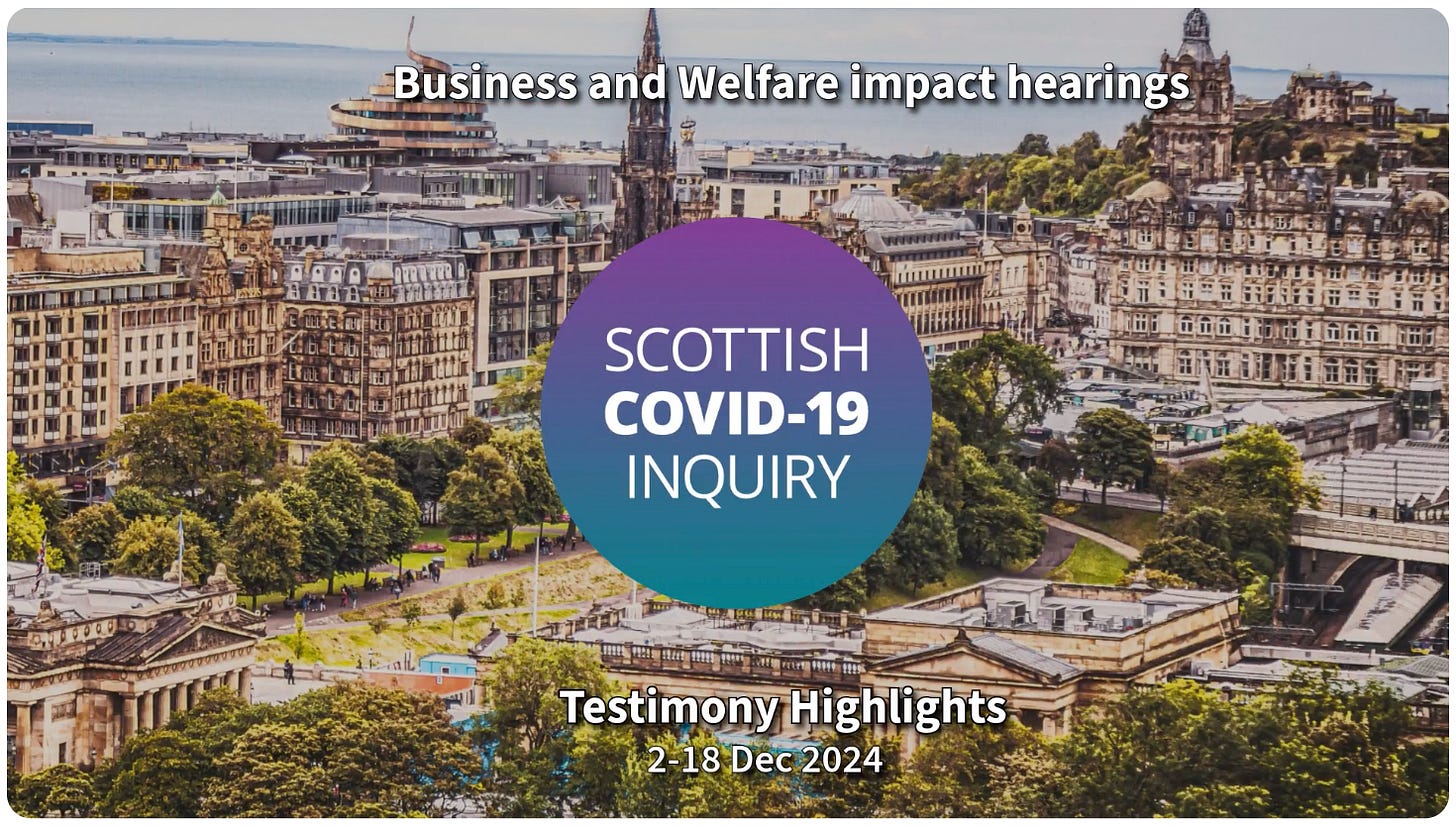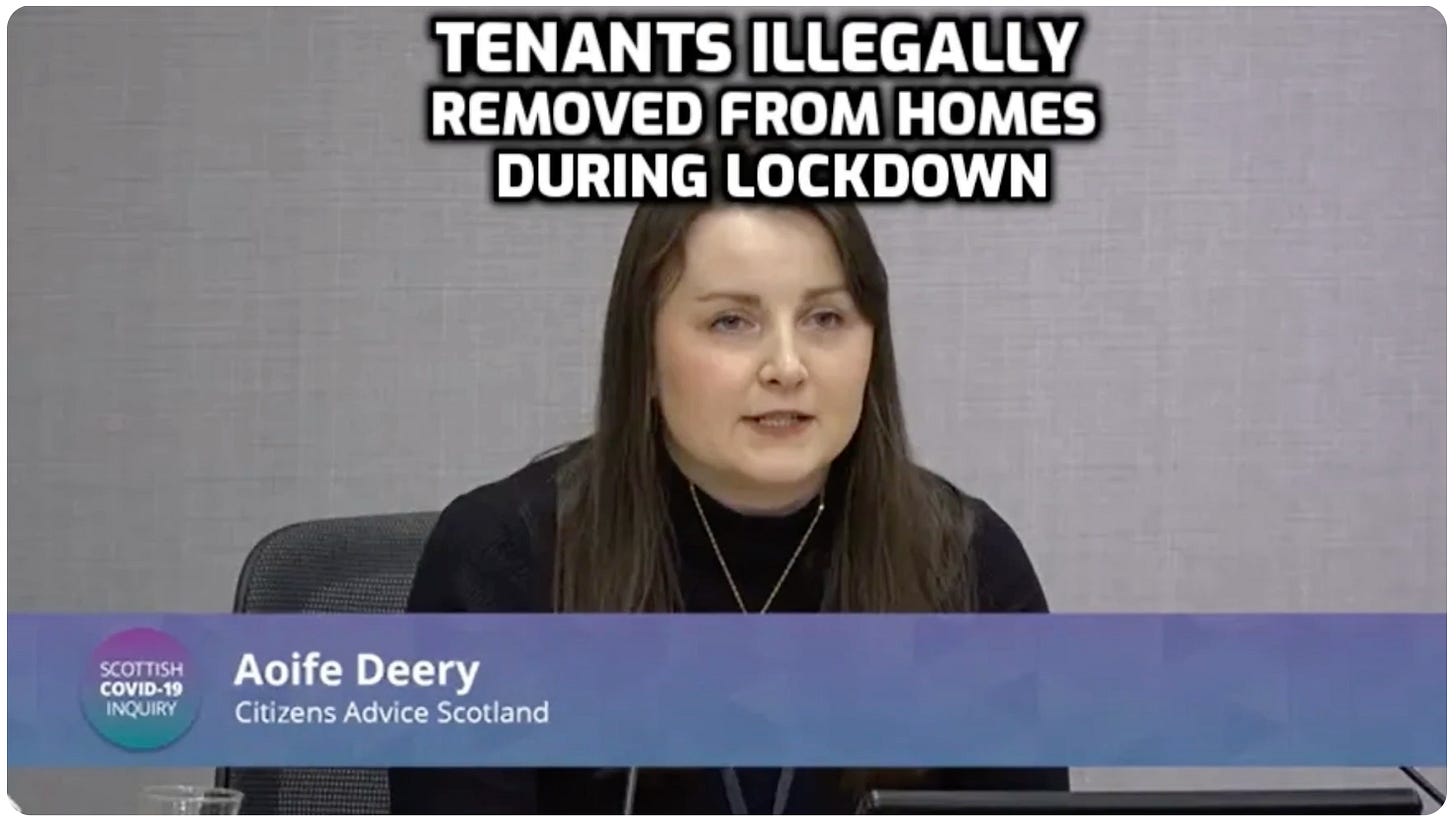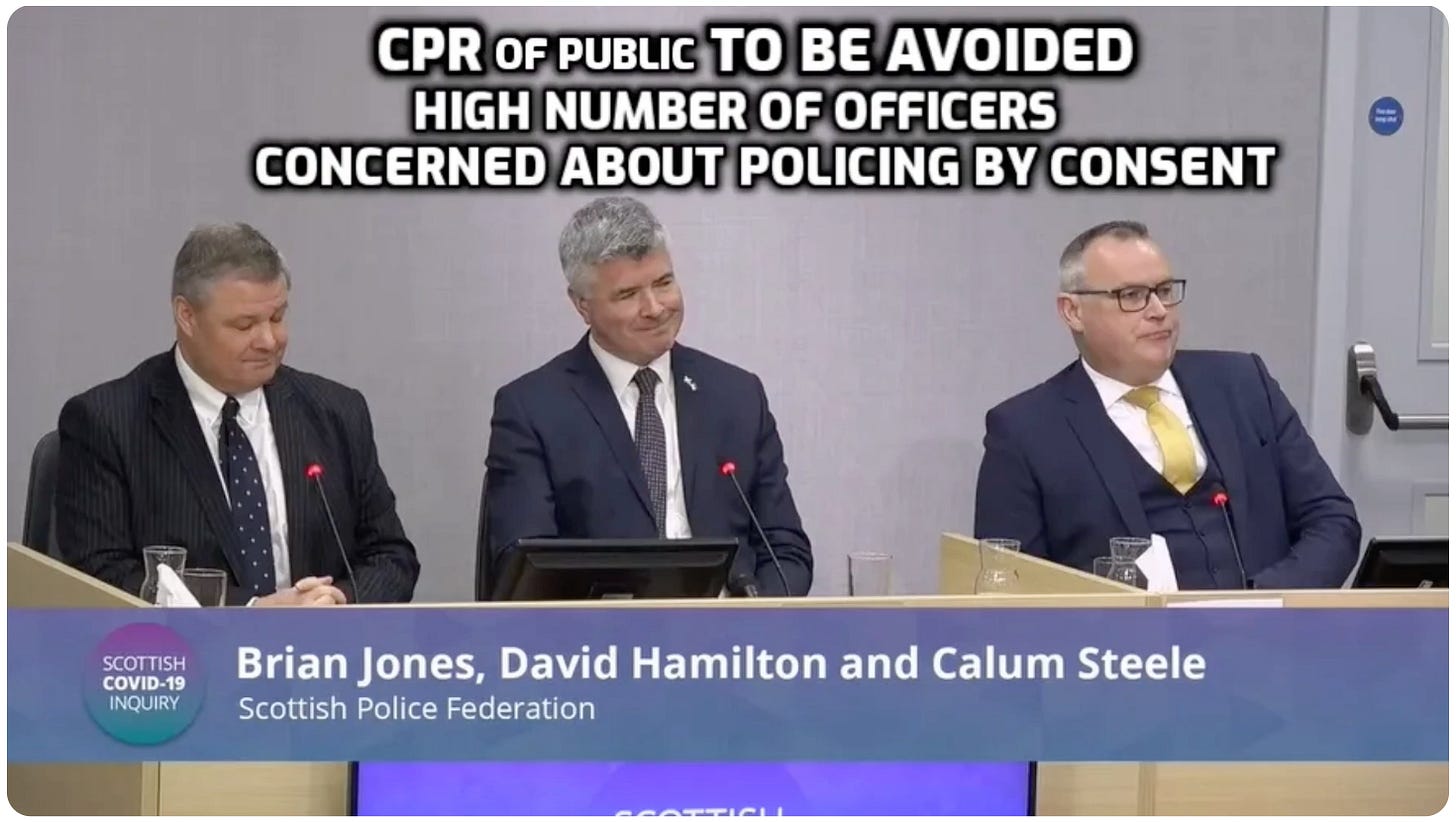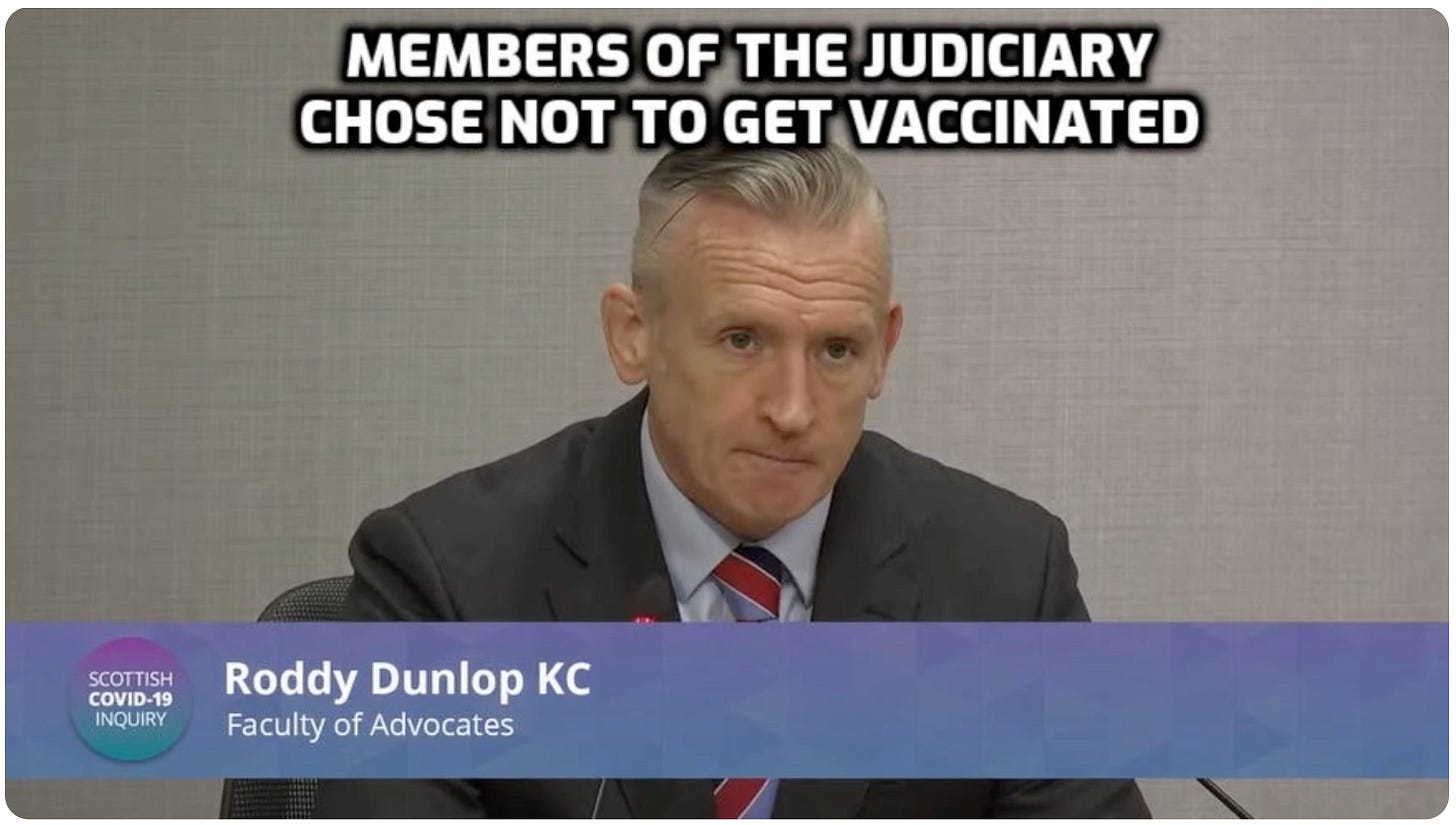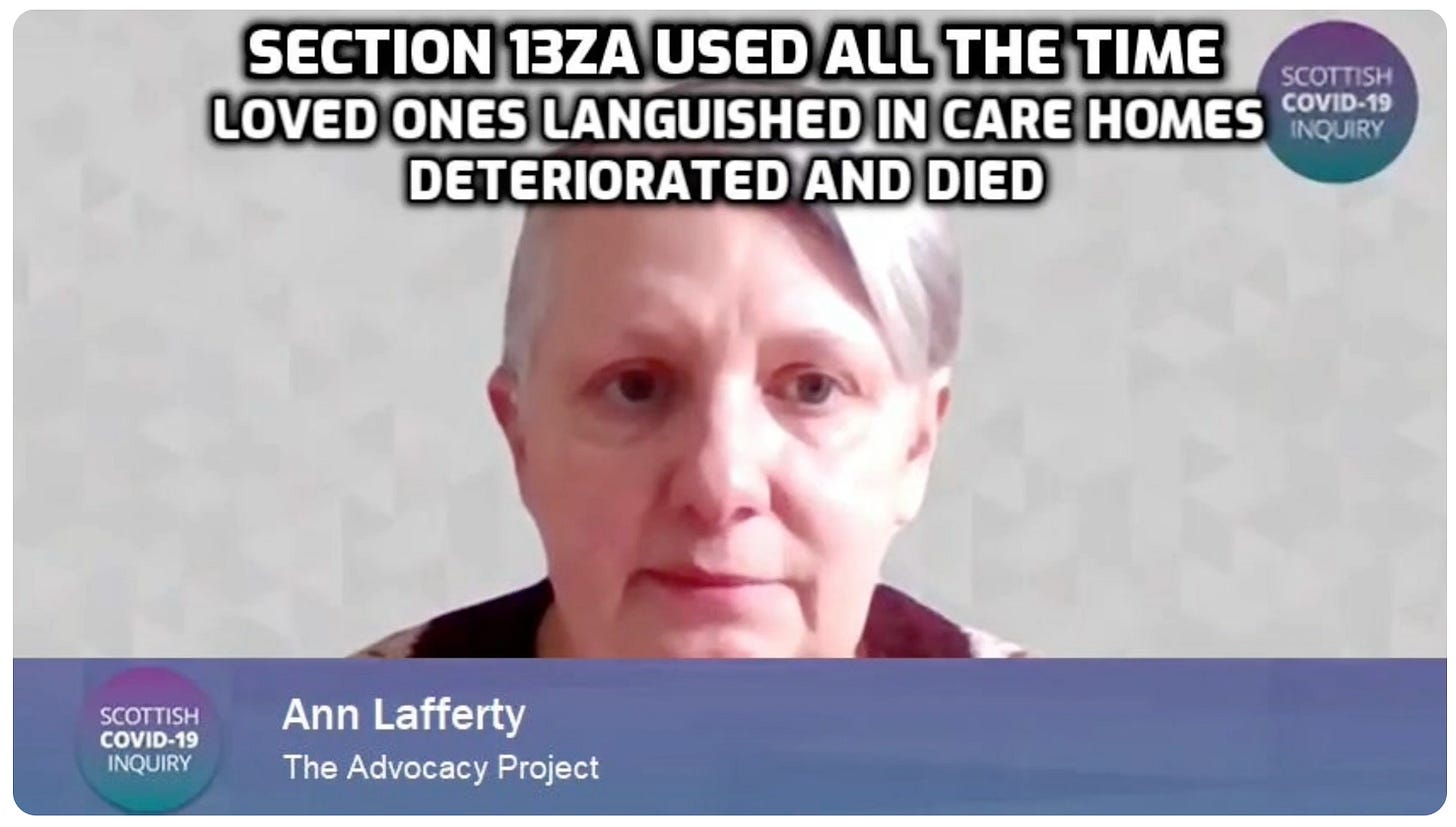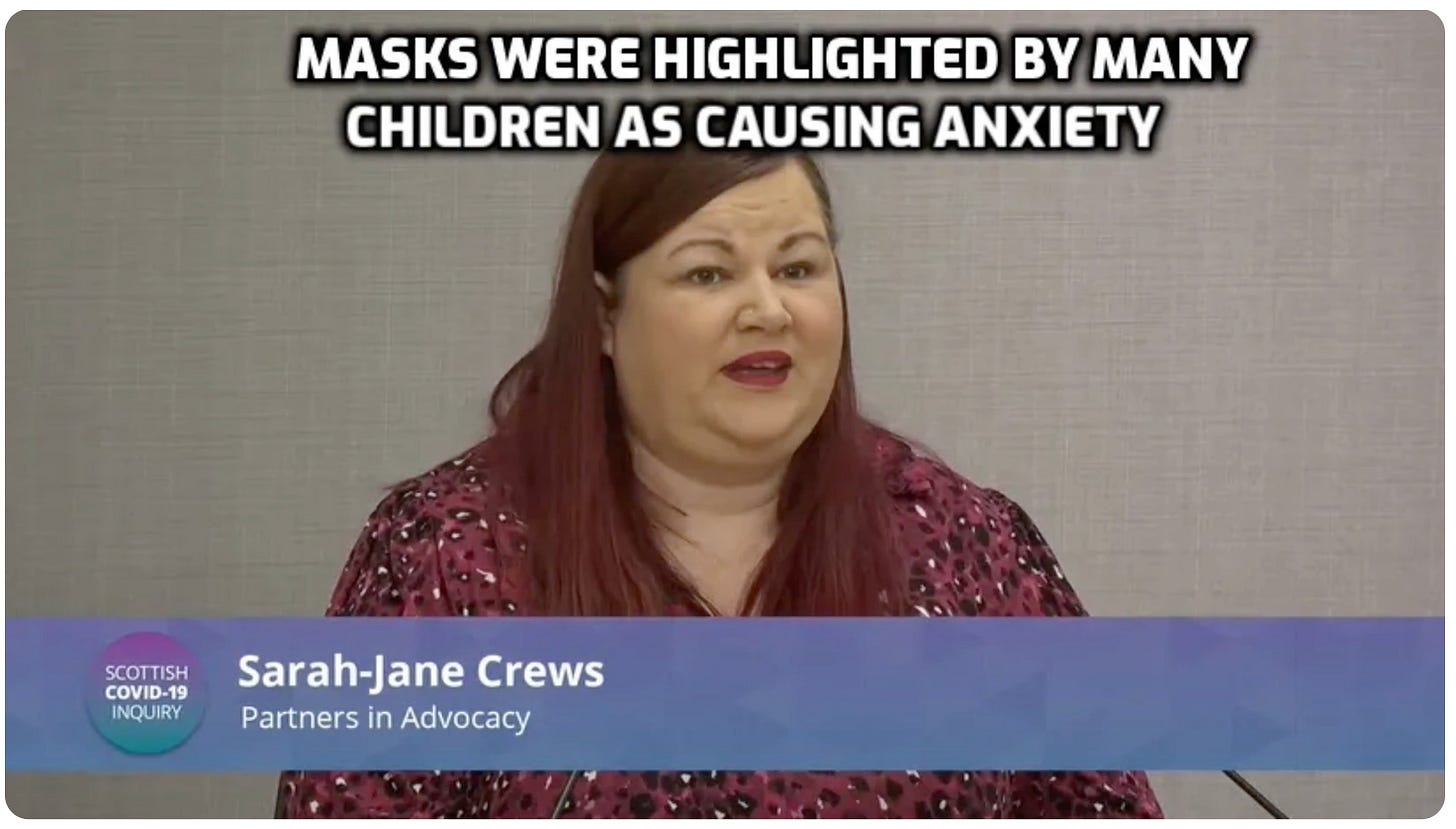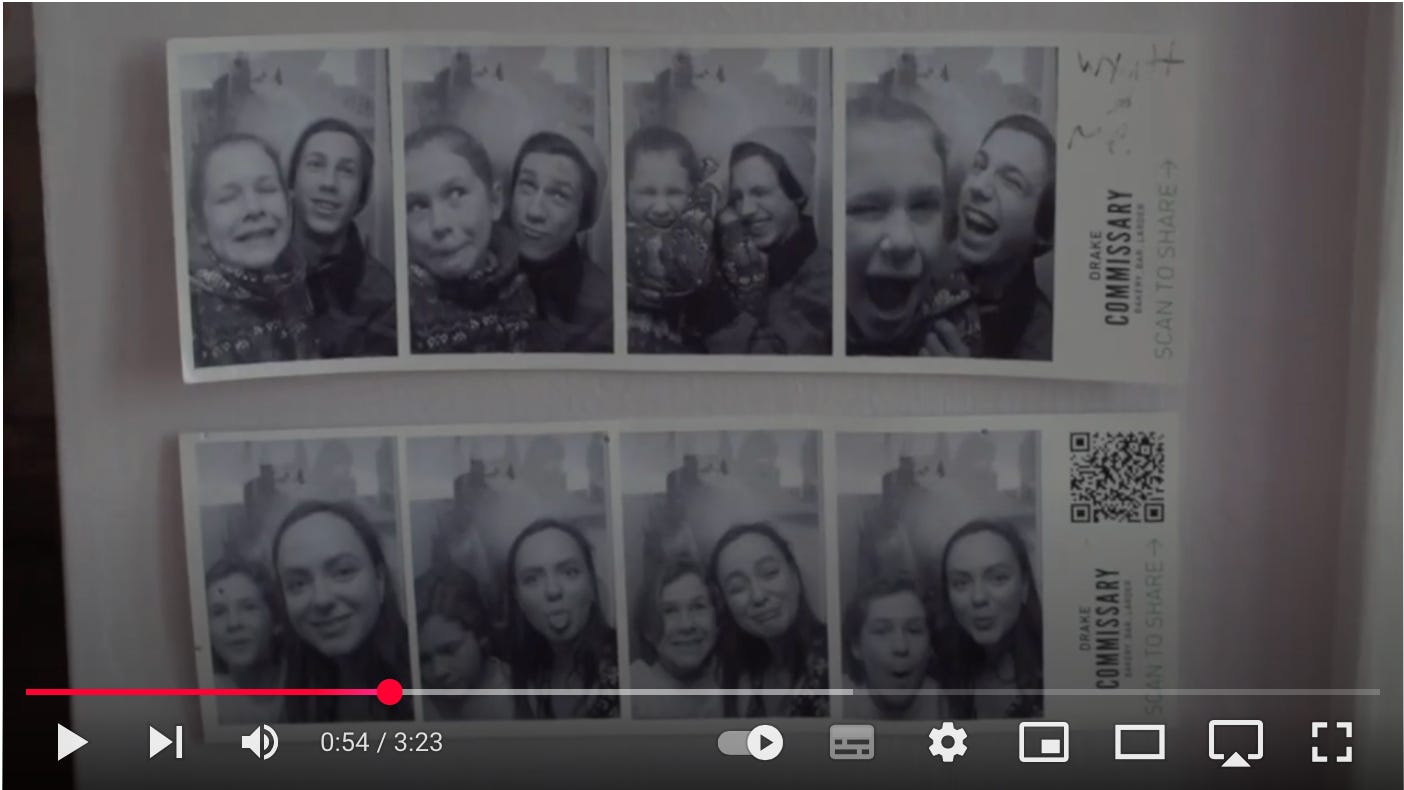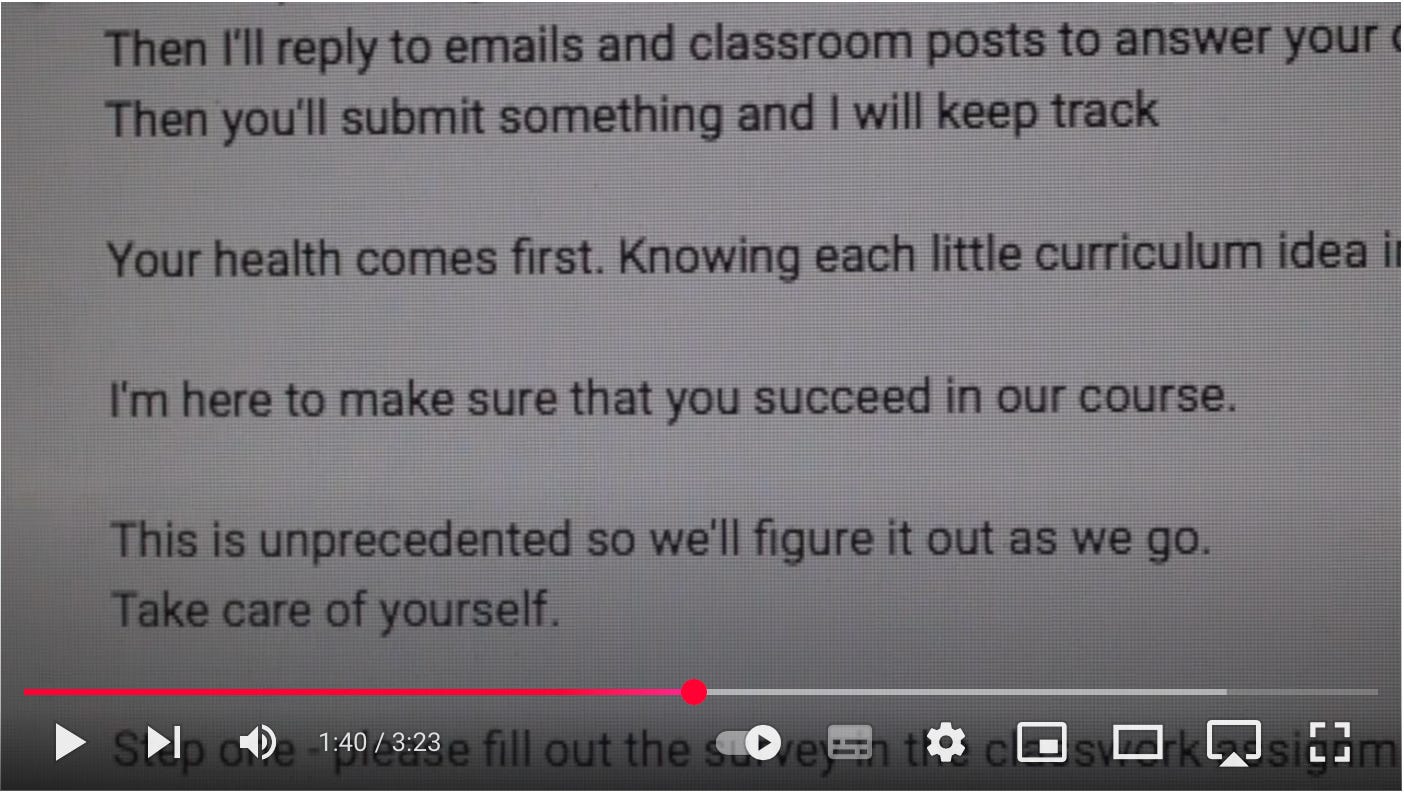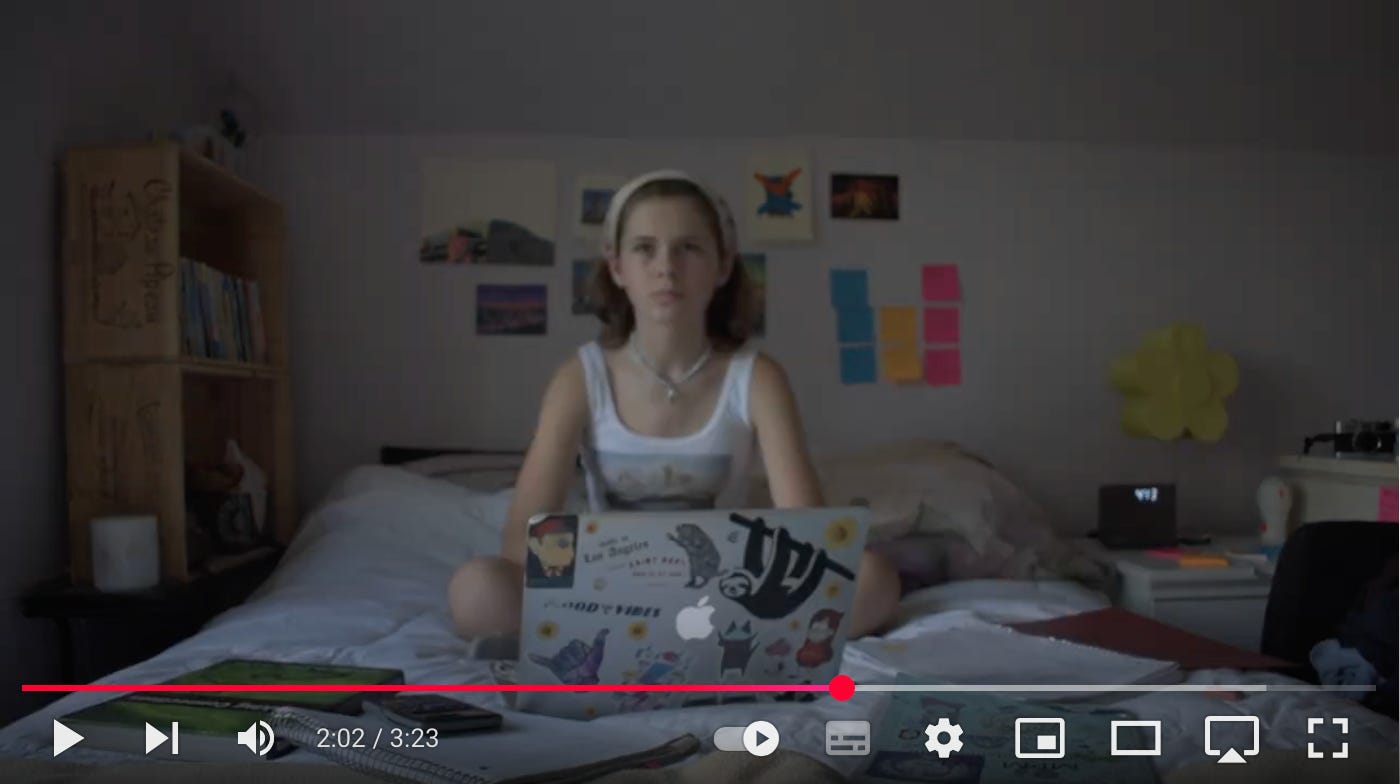Why we should care about covid
It is surely important that what has happened is widely acknowledged, not least to minimise the chances of anything like it happening again
The purpose of this post is to make the case that everyone should care about covid.
When I say “care about covid” I mean essentially care about what happened during what we might call the covid era, i.e. 2020 and 2021.
As I see it, there are at least three reasons:
We should care about covid because there are important things that we can learn through what has happened
We should care about covid if we care about truth
We should care about covid if we care about people
I wonder why anyone would object to any of the above. But I find it particularly hard to fathom why anyone would object to reason 3. And reason 3 will be the subject of this post.
We should care about covid if we care about people
In order to care about covid, it is not necessary to have a firm view as to:
the nature of covid, where it came from, and whether it even actually exists
whether we actually had a pandemic, however that might be defined
the motives of anyone involved in the covid response.
But in order to care about covid, I think it does help to remember how normal, everyday people suffered.
I post plenty of articles featuring referenced official government data and scientific research. But it is easy to forget that behind the statistics are the lived experiences of real people: grandfathers and grandmothers; fathers and mothers; brothers and sisters; sons and daughters; nephews and nieces; grandsons and granddaughters; friends and colleagues. Etc. And I hope that the somewhat different format of this article will highlight the reality of how people’s lives were affected.
Adults — and the experiences of those at the Scottish Covid Inquiry
One of the better official covid inquiries — and the bar is not high — is the Scottish Covid Inquiry, which has received little attention in the mainstream media, and not a lot of coverage in alternative media. Indeed Biologyphenom (Dave), who has been posting clips from the inquiry, has had his Twitter/X account inexplicably and permanently suspended.
On the plus side, this YouTube video of testimonies is still available…
…and his material is also available on this Substack…
…which is well worth a look. And much of the rest of this post will feature stills from his highlights compilation, in a format that allows the reader to scroll through at whatever pace suits, while appreciating at least a little of how some people suffered. For what is described in those pictures is but the tip of a very large iceberg.
Surely we should care about such people and how they have suffered? And does that not start with at least some public acknowledgement of what has happened and what went wrong?
Children — and the film Numb
The Scottish Covid Inquiry features mainly the testimony of adults. And so I have also included snapshots from this three-minute film Numb made in 2020 by a 15-year-old Canadian girl for a school project:
Many of the professional-managerial class who were responsible for implementing the draconian covid policies were people who were born in the 1960s, 1970s and 1980s. And there is a case to be made that, of all the times in history to have been born, those decades are hard to beat.
Of course by 2020 such people had already enjoyed their childhood and their teenage years… the opportunities to pursue hobbies, play sport, go on summer holiday camps, make friends and build relationships… to go through school, experience life at university, have a meaningful social life at work… to experience end-of-school events, graduation ceremonies, weddings, the birth of their children. Etc. Indeed in some cases they had seen their children grow up and enjoy those things too…
The film highlights the situation from those born in the 2000s who were confined to their homes for months on end during precious time in their lives that they will never get back. Many children and young people were denied so much in the name of preventing the spread of a disease from which they were at essentially zero risk. And babies and infants too, with consequences that are still unfolding, such as lockdown babies starting school unable to respond to their own name.
“Almost three quarters of teachers say ‘Covid children’ born in 2020 are struggling.”
Surely we should care about such people and how they have suffered? And does that not start with at least some public acknowledgement of what has happened and what went wrong?
And yet most of the professional-managerial class who were responsible for implementing the draconian covid policies now have little or nothing to say about what they did.
The “haves” and the “have nots”
For context, it is worth noting the way in which the covid era particularly highlighted the contrasts in society:
the “haves” — people living in three- or four-bedroom houses with a private garden, a decent internet connection, and multiple modern computers and tablets
the “have nots” — people living in cramped flats with no outdoor space of their own, a relatively poor internet connection, and little by way of modern communication devices
And, towards at the extremes:
the “haves” in good health, with grown-up children no longer living at home, and on furlough from a secure well-paid job
the “have nots” in relatively poor health (including mental health), with responsibility for caring for young children, and struggling to earn enough money make ends meet
During the covid era, many of those who were implementing covid policies were firmly in the “haves” category. The “have nots” had little or no say. And I sensed (and still sense) little sympathy for them from the “haves” of the professional-managerial class, more than one of whom I recall saying to me something along the lines of “I’ve had a good lockdown”.
For the stills of evidence from the Scottish Covid Inquiry that follow, I have retained Biologyphenom’s section headings and I have not edited any of the words. NB the first section — health and social care — is much longer than the others.
For the film Numb, I have selected only some of the many images.
As you scroll through, please do keep in mind that:
Prior to the announcement of lockdown on 23rd March 2020, the number of people dying was at normal levels1 for the time of year, even though covid had reportedly been circulating since the end of January
Four days earlier, the government had announced that “COVID-19 is no longer considered to be an HCID [high consequence infectious disease] in the UK”
These are (or were) real people living real lives
Health and social care
Education and certification
Business and welfare
Justice
Children: stills from the film Numb
No words required here…
Where do we go from here?
For the “haves” from relatively well-off backgrounds, lockdown was bad enough. It hardly bears thinking about what it would have been like for the “have nots”, and especially children living with e.g. abusive adults.
It’s a lot easier — and more desirable — for some people to “move on” than others. There are many people who, for understandable reasons, want to forget the covid era, and even act as though it never happened.
But it is surely important that what has happened is widely recognised and talked about. Not least to minimise the chances of anything like it happening again. And because we owe it to our children.
Related:
Unexpected Turns homepage
The most-read articles can be found here
NB that article relates to England and Wales rather than Scotland, but the figures north of the border are not very different:











